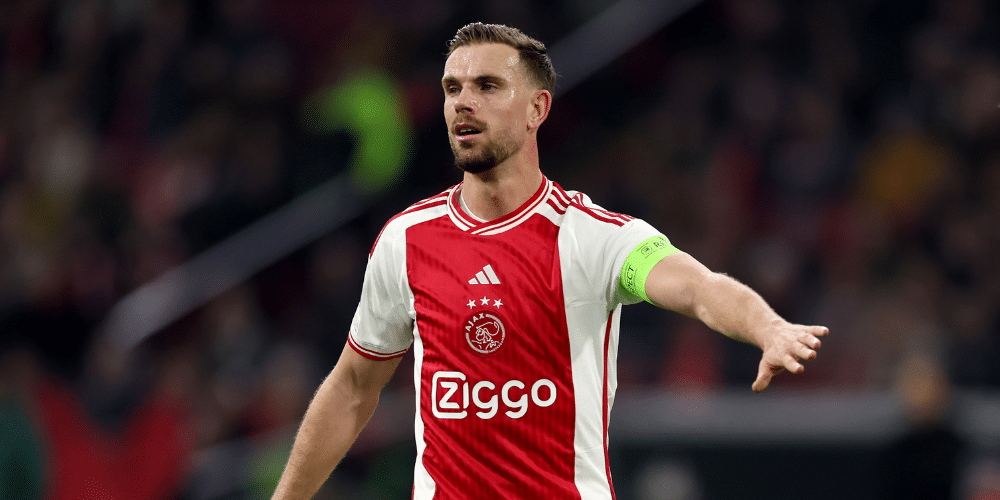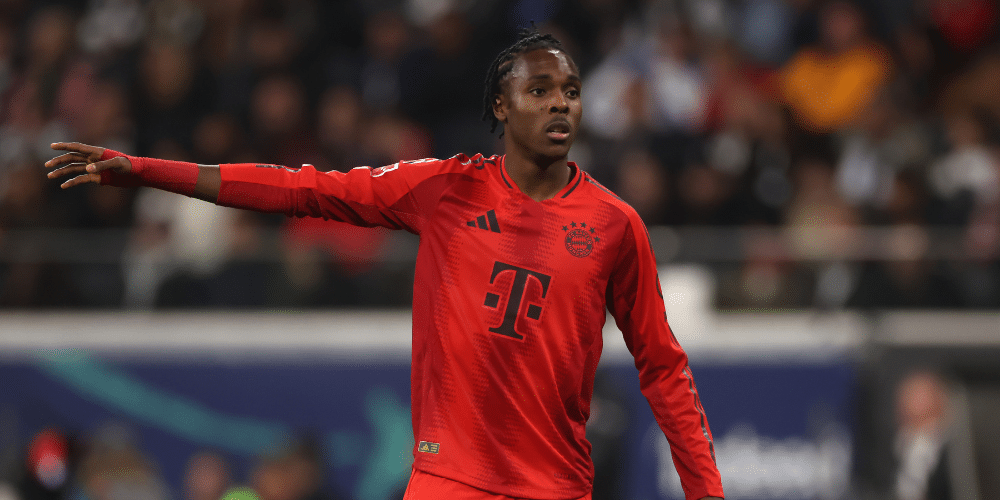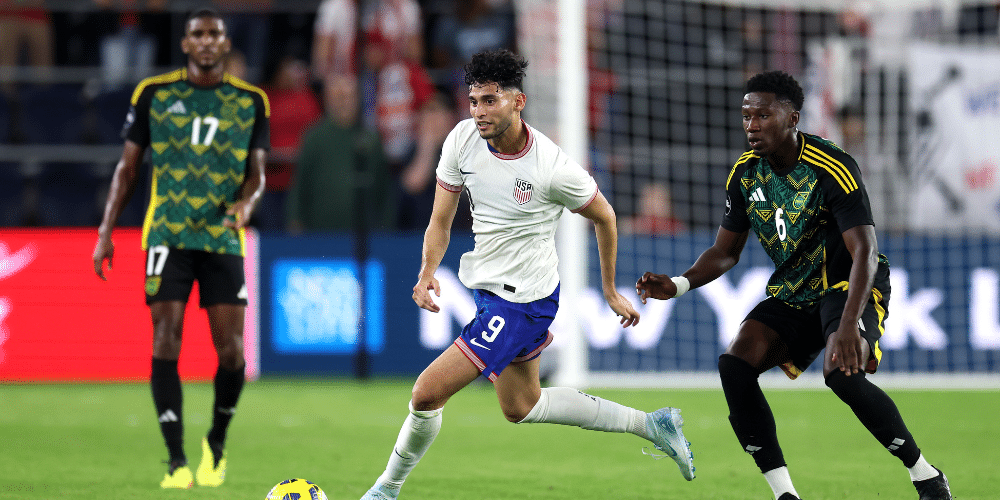A new season is so nearly upon us and there’s nothing quite like pre-season hope, a time where fans of all clubs dare to dream.
Modern football is often criticised for its predictability, with Europe’s top leagues dominated by the very elite. The dawn of super-clubs and State-funded projects has made shocks rare, but not impossible.
Could the 2023/24 campaign produce an upset champion? We’ve remembered six of the most surprising title winners from Europe’s top leagues.
Six surprise title winners from Europe’s top leagues:
Kaiserslautern (1998)
German football is about as predictable as it gets right now, with Bavarian behemoth Bayern Munich – admittedly in dramatic fashion – securing an 11th consecutive title last season.
Rewind a little more than two decades and things were a bit more open, with five different champions of the Bundesliga during the nineties. The most surprising was Kaiserslautern’s triumph during the 1997/98 campaign, when Otto Rehhagel’s side stunned the division on their return to the top-flight.
Promoted as runners-up in the second tier the previous season, Kaiserslautern started the season with a 1–0 win at reigning champions Bayern Munich and went on to pip the holders to the title. A side containing an ageing Andreas Brehme and emerging Michael Ballack were crowned champions, the only time in Bundesliga history that a newly promoted side has won the title.
The following season Kaiserslautern reached the Champions League quarter-finals before a 6-0 aggregate defeat to compatriots Bayern Munich. Normal order resumed.
The club are currently back in the 2. Bundesliga after a four-year spell in Germany’s third tier.
Midfield Magicians: Michael Ballack – Little Kaiser
Deportivo La Coruna (2000)
Deportivo La Coruna ruffled the feathers of Spain and Europe’s elite at the turn of the millennium.
After agonisingly missing out La Liga during the 1993/94 season – when a last-gasp missed penalty on the final day saw Deportivo surrender top spot to Barcelona – the club finally got their hands on the Spanish title six years later.
An exciting team featuring Roy Makaay and Djalminha were crowned champions, ending the campaign five points clear of both Barcelona and Valencia. La Coruna became the second-smallest Spanish city to have a La Liga-winning team, after San Sebastián (Real Sociedad).
The following season saw Deportivo reach the Champions League quarter-finals and the club became regulars among Europe’s elite in the following seasons, a run which included some memorable tussles with Manchester United and a run to the semi-finals in 2003/04.
Since those heady heights, ‘Super Depor’ have endured a steep decline. Relegated from La Liga in 2017/18, the club are currently in the third tier of Spanish football.
Noughties Nines: Roy Makaay – The Phantom
Boavista (2001)
In the entire history of Portuguse football, just two teams have ever stopped the big three – Benfica, FC Porto and Sporting Lisbon – from winning the top-flight title.
Boavista became the second team outside that trio to be crowned champions in 2000/01, 55 years after Belenenses and become the first. Boavista’s success was built on a miserly defence and committed approach, as Jaime Pacheco’s side edged out city rivals FC Porto by just a single point to claim Primeira Liga success.
The following season the club reached the second group stage of the Champions League, but bowed out of the competition after finishing third behind Manchester United and Bayern Munich, while their title defence ended in a runners-up finish.
Wolfsburg (2009)
Wolfsburg upset the Bundesliga apple-cart during a memorable 2008/09 season, when the wily Felix Magath led his free-scoring side to the title.
The success of Die Wölfe was built on a formidable forward line featuring Bundesliga cult stars Edin Dzeko and Grafite, who fired 54 league goals between them to lead Wolfsburg to the championship.
The deadly double-act were supplied brilliantly by Zvjezdan Misimović, who ended the season with 20 assists as Wolfsburg beat Bayern to the title by two points.
When @VfL_Wolfsburg had absolutely no chill and put FIVE past Bayern, #OnThisDay in 2009! 🐺🔥
That last Grafite goal though… 😵🙇♂️ pic.twitter.com/niqSOHvpdG
— Bundesliga English (@Bundesliga_EN) April 4, 2021
There’s a danger when falling in love with a team that punches above its weight and so it proved, as Wolfsburg’s title defence ended in an eight-place finish after Magath departed for divisional rivals Schalke.
The then-German champions fared little better in Europe, exiting the Champions League at the group stage before a Europa League defeat to Roy Hodgson’s Fulham.
Montpellier (2012)
All eyes were on Paris Saint-Germain ahead of the 2011/12 Ligue 1 season, with the Parisians beginning a new dawn following their Qatari takeover.
Not even a wealth of marquee arrivals could stop underdogs Montpellier from taking the title however, as René Girard’s side claimed their first top-flight crown.
The excellent Olivier Giroud was the focal point of the surprise champions and the Frenchman scored 21 league goals as Montpellier beat big-spending PSG to the title.
Montpellier finished 14th and 9th in the two seasons either side of their title triumph, a return to normality after an unforgettable campaign.
Leicester City (2016)
The greatest shock in the history of Europe’s top leagues?
Leicester began the 2015/16 season among the favourites for Premier League relegation, with only a late surge in form having seen the Foxes escape the drop the previous campaign.
That form continued into the following season however, as Claudio Ranieri’s side picked up momentum to stun English football. The Foxes – 5000/1 odds for the title before a ball had been kicked – kept winning, and winning, and winning.
Riyad Mahrez dovetailed to devastating effect with Jamie Vardy, while summer recruit N’Golo Kante excelled as the industrious heartbeat of the team.
🏟 King Power Stadium
📅 7 May 2016
Leicester 🆚 EvertonThe Foxes cruised to victory over Everton before being presented with the #PL trophy in front of a jubilant King Power Stadium https://t.co/DGna6GLXQH pic.twitter.com/FJY1ar2DJe
— Premier League (@premierleague) February 25, 2021
Leicester – who had spent 140 days of the previous season bottom of the table – ended the campaign 10 points clear of runners-up Arsenal to secure the first top-flight title in their history.
“I can’t think of anything that surpasses it in sporting history. It is difficult to put over in words,” the club’s former forward Gary Lineker told BBC Sport.
“I got emotional. It was hard to breathe. I was a season ticket holder from the age of seven. This is actually impossible.”


